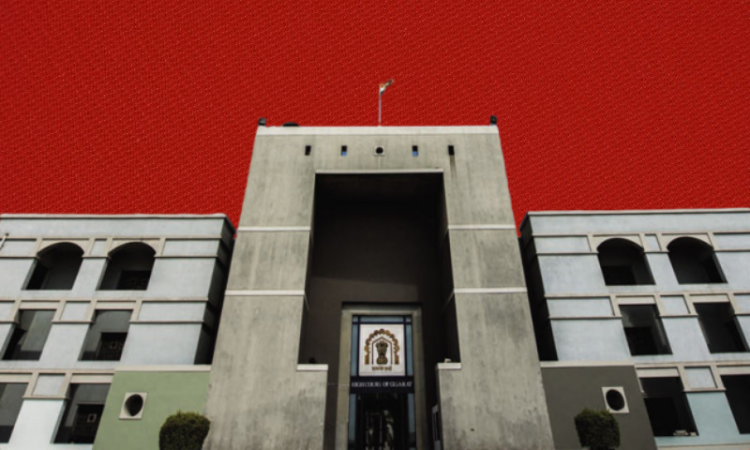The Bench comprising Justice Nisha Thakore at the Gujarat High Court has held that in a suit where counter claim is filed, the suit and the counterclaim are required to be treated as unified proceedings. This unification of the proceedings forms the basis of filing of appeal.The High Court has further explained that the term 'plaint' provided u/s 2(c) of the Gujarat Court Fees Act, 2004...

